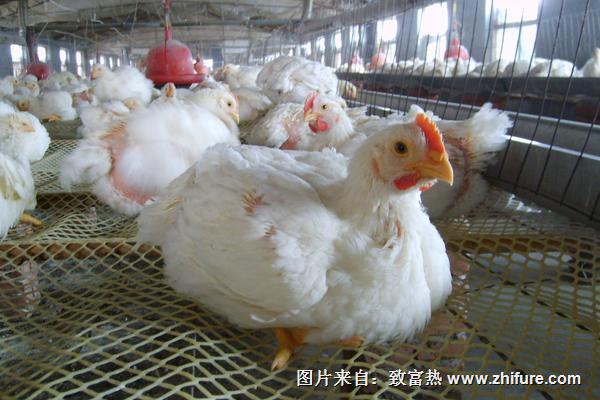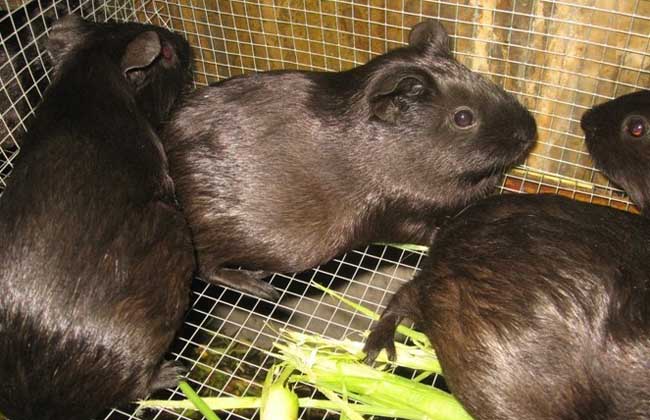
UK - The wide diversity of flu in pigs across multiple continents, mostly introduced from humans, highlights the significant potential of new swine flu strains emerging, according to a study to be published in eLife.While swine flu viruses have long been considered a risk for human pandemics, and were the source of the 2009 pandemic H1N1 virus, attention has recently turned to the transmission of flu viruses from humans to pigs."Once in pigs, flu viruses from humans continue to evolve their surface proteins, generically referred to as antigens, resulting in a tremendous diversity of novel flu viruses that can be transmitted to other pigs and also to humans," explains first author Nicola Lewis from the University of Cambridge.
根据eLife发布的一篇研究显示,许多大洲分布的多样性猪流感主要通过人类引入,新型生猪流感菌株有追守要的潜在风险。生猪流感病毒在很长一段光阴被以为是人类大型流行病的风险源,而2009年流行性HIN1病毒的来源让人们把注意转向从人类到猪的流感病毒传播。剑桥大学的首席作者尼古拉·刘易斯(Nicola Lewis)解释说:“人类身上的流感病毒一旦到了猪身上会让病毒的表面蛋白发展,普通称为抗原,继而引起大量各种各样的新型病毒,新型病毒可以传染赠其他的猪或者人类。”





